The new academic year began in the Palestinian territories on Monday, September 9th, but Gaza remained excluded from this context due to the ongoing war, which has entered its eleventh month, with diminishing hopes for a ceasefire.
Amidst the collapse of Gaza’s infrastructure and the destruction of most aspects of normal life, some families have resorted to alternative solutions. Mrs. Hikmat Al-Masri sent her son Abboud (11 years old) to a temporary “school” set up in a tent, for a monthly fee of about five dollars.
Hikmat told the BBC: “Last August, I was surprised to find a group of people establishing a school inside the tents, mimicking a traditional school but lacking integrated educational staff.”
For his part, the spokesman for the Palestinian Ministry of Education, Sadiq Al-Khadour, revealed shocking figures to the BBC: “630,000 students were deprived of their right to school education over an entire academic year, in addition to 78,000 university students. Also, 39,000 students were prevented from taking the General Secondary Education exam.”
Al-Khadour added that the situation was exacerbated by the destruction of many school buildings due to air raids on Gaza.
This situation highlights the deep educational crisis that the Gaza Strip is suffering from, where parents and teachers are trying to find innovative alternatives to ensure the continuity of the educational process despite the harsh conditions. However, these solutions remain insufficient to compensate for the heavy losses in educational infrastructure and human resources that the sector has incurred during the ongoing war.
The article sheds light on the desperate measures taken by Gazans to provide some form of education for their children, such as makeshift tent schools, while emphasizing the massive scale of educational disruption caused by the conflict. It underscores the long-term impact of the war on Gaza’s educational system and the future of its youth.
 فاس نيوز ميديا جريدة الكترونية جهوية تعنى بشؤون و أخبار جهة فاس مكناس – متجددة على مدار الساعة
فاس نيوز ميديا جريدة الكترونية جهوية تعنى بشؤون و أخبار جهة فاس مكناس – متجددة على مدار الساعة

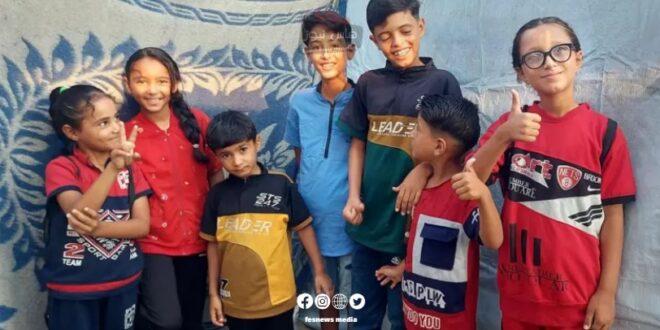



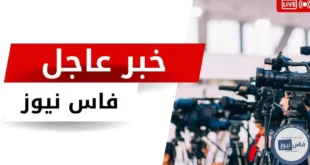


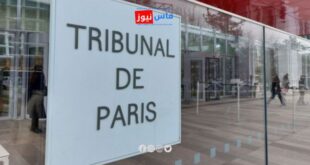
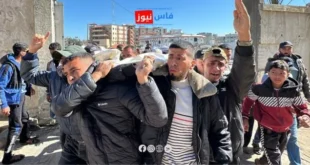
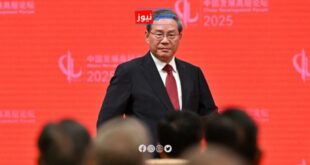
 China Assures EU: We Have Tools to Offset Economic Turbulence Amid Tensions with Washington
China Assures EU: We Have Tools to Offset Economic Turbulence Amid Tensions with Washington



